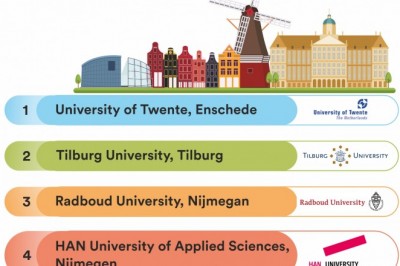views

Wondering what’s the difference between EDIFACT and OIOUBL? What exactly does EDI stand for? What’s more, why should you use it? When it comes to electronic invoicing, there might be a lot to keep track of. As a result, here is some explanation to clear up any confusion concerning the differences between EDIFACT and OIOUBL.
What is the difference between OIOUBL and EDIFACT?
To comprehend OIOUBL and EDIFACT, one must first comprehend what EDI is. Electronic Data Interchange, or EDI, refers to the interchange of electronic documents between businesses. Invoices, vouchers, and delivery notes are all examples of paperwork that can be used. By electronic document, we mean a collection of raw data supplied in a structured format, which excludes documents sent as PDFs, which are only a picture of an invoice.
What are the benefits of sending EDI documents?
When you trade documents electronically, you save a lot of money and time. This is because entering orders or incoming invoices, for example, is avoided, typing errors are avoided, and document exchange is significantly faster.
Various standards
EDI documents are sent and received using a variety of standards and invoice forms. This essentially means that several standards exist for the format and content of an EDI document. OIOUBL and EDIFACT are the most widely utilized standards in Denmark.
EDIFACT means for Electronic Data Interchange for Administration, Commerce, and Transportation, and is an international standard developed by the United Nations. OIOUBL is a Danish version of the worldwide UBL 2.0 standard. UBL stands for Universal Business Language and OIO is for Online Public Information. In Denmark, public enterprises only utilize OIOUBL, whereas private companies use both OIOUBL and EDIFACT.
There are many more standards, all of which make it possible to share electronic data in such a way that computers can read it efficiently. If you need to exchange EDI documents with another company, it’s critical to agree on the invoicing format you support.
HubBroker’s EDI transformation functionality allows you to meet the format requirements that your trading partners need to define and claim as part of your trade agreement. Contact us today for more.












